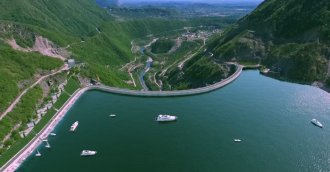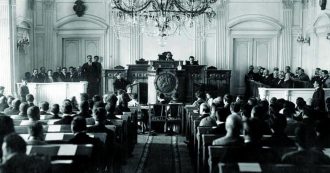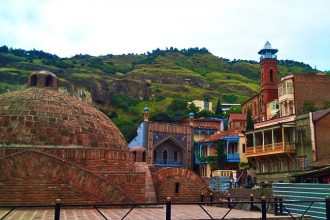
Food management for employees in Georgia
In the modern world for human resource specialists and CEOs’ one of the biggest deals is to create an appropriate environment for staff…
Read More
In the modern world for human resource specialists and CEOs’ one of the biggest deals is to create an appropriate environment for staff…
Read More
In 5 years, Georgia will offer to the local and international visitors the Enguri River dam, which is planned to become a unique tourist…
Read More
According to the latest report of the Georgian National Tourism Administration, in January – October, 2017 the number of international arrivals in Georgia reached…
Read More
Located in a residential complex of “Your House on Jikia”, Flower shop Anemone makes a good impression with its innovative design and exotic plant assortment….
Read More
Two new airlines, Oman’s Salam Air and Romanian Blue Air Airline will launch direct flights to Georgia in 2018. Romanian company Blue Air Airline…
Read More
In 21 century coffee become an integral part of a modern human’s everyday life. But history of coffee began in early 10th century….
Read More
In order to become a speaker you do not need license, trainings or special courses. Everyone who has enough willingness, skills and qualifications can…
Read More
A group of Hollywood film executives have been on an exploration visit to Georgia to study some of the country’s most impressive and picturesque locations…
Read More
Out on the fringes of Europe, the former Soviet Republic of Georgia is a country shrouded in mystery. Sandwiched between the Caucasus Mountains to…
Read MoreFashion industry is getting more and more serious in Georgia. Worldwide Brand Mercedes Benz Fashion Week was held in Tbilisi, the capital of Georgia….
Read More